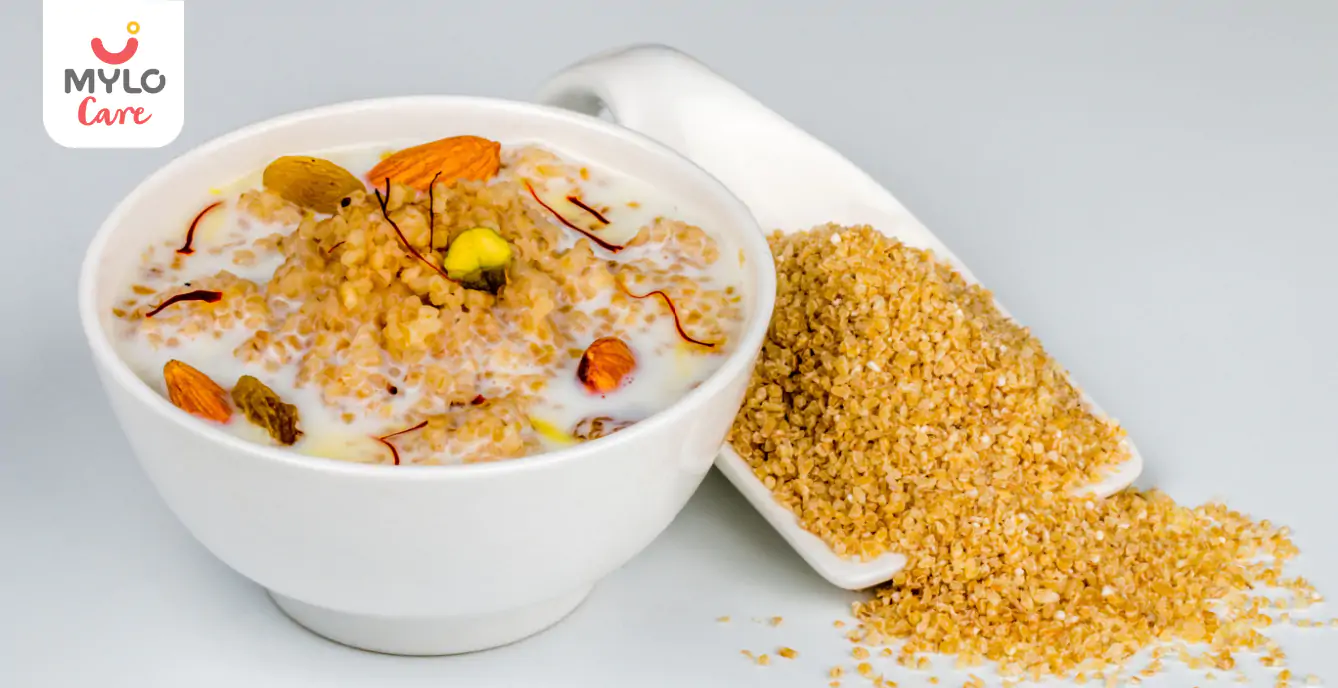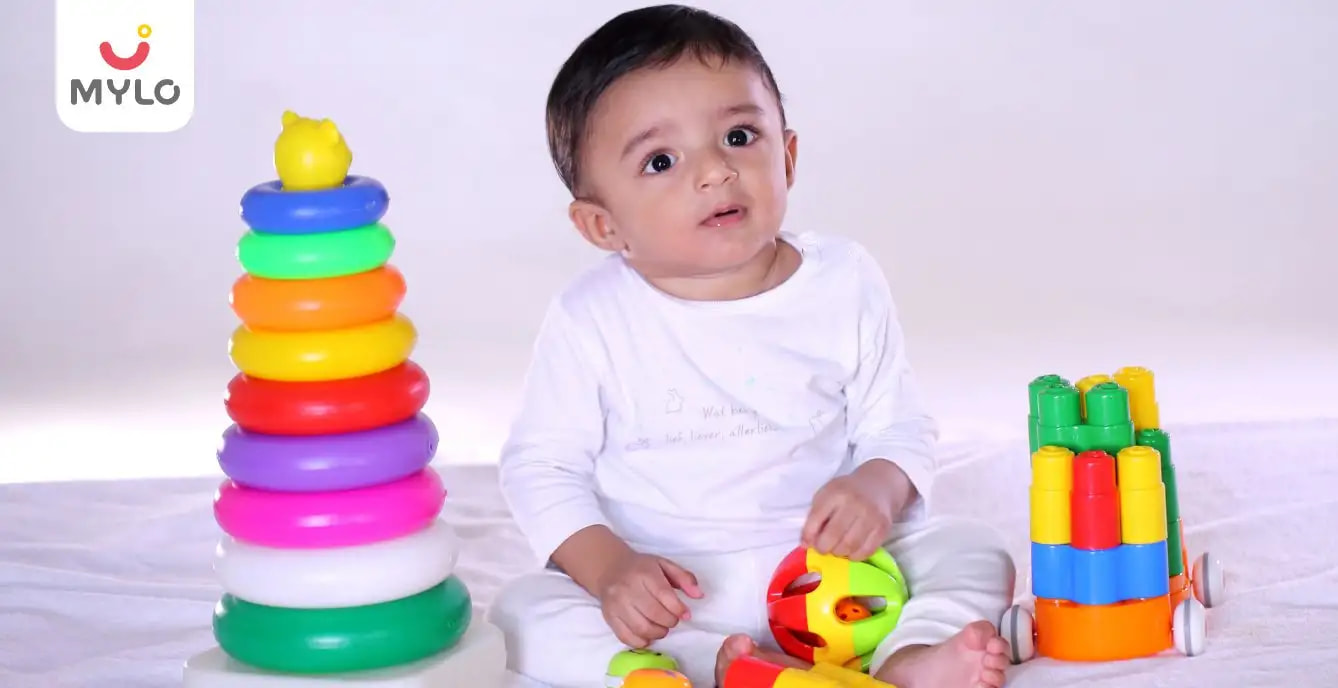Home

Growth & Development

Height and Weight Chart for Boys and Girls in India
In this Article

Growth & Development
Height and Weight Chart for Boys and Girls in India
Updated on 30 January 2024
From the time their child is first handed in their arms to the moment, their little one is ready to let go of their hand, parents keep worrying about their child’s height and weight. It is common for parents to wonder whether their child has the right height and right weight and if their little one is growing fine. In this article, we put your minds to ease with a height and weight chart for boys and girls different ages- newborns, toddlers and preschoolers. We will also discuss the factors affecting the growth of children.
How are Babies Measured?
Babies are measured in length instead of height for the initial months as they cannot stand tall yet. The length of your baby as measured lying down is the same as their height when standing up. You may notice that your pediatrician always tracks the weight and length of your baby along with the head circumference to ensure any irregularities or anomalies can be identified and addressed instantly.
Newborn to 1 Year - Baby Height and Weight Chart
The average weight at birth of an Indian baby is between 2.7 to 3.2 kgs. In the following baby height & weight chart, we take a look at the height and weight chart for girls and boys in the first year of life as per WHO.
|
Newborn - 1 Year Chart |
Boys |
Girls |
||
|
Months |
Weight (KGs) |
Length (CMs) |
Weight (KGs) |
Length (CMs) |
|
0 |
2.5 – 4.3 |
46.3 – 53.4 |
2.4 – 4.2 |
45.6 – 52.7 |
|
1 |
3.4 – 5.7 |
54.7 – 58.4 |
3.2 – 5.4 |
50.0 – 57.4 |
|
2 |
4.4 – 7.0 |
54.7 – 62.2 |
4.0 – 6.5 |
53.2 – 60.9 |
|
3 |
5.1 – 7.9 |
57.6 – 65.3 |
4.6 – 7.4 |
55.8 – 63.8 |
|
4 |
5.6 – 8.6 |
60.0 – 67.8 |
5.1 – 8.1 |
58.0 – 66.2 |
|
5 |
6.1 – 9.2 |
61.9 – 69.9 |
5.5 – 8.7 |
59.9 – 68.2 |
|
6 |
6.4 – 9.7 |
63.6 – 71.6 |
5.8 – 9.2 |
61.5 – 70.0 |
|
7 |
6.7 – 10.2 |
65.1 – 73.2 |
6.1 – 9.6 |
62.9 – 71.6 |
|
8 |
7.0 – 10.5 |
66.5 – 74.7 |
6.3 – 10.0 |
64.3 – 73.2 |
|
9 |
7.2 – 10.9 |
67.7 – 76.2 |
6.6 – 10.4 |
65.6 – 74.7 |
|
10 |
7.5 – 11.2 |
67.7 – 76.2 |
6.8 – 10.7 |
66.8 – 76.1 |
|
11 |
7.4 – 11.5 |
70.2 – 78.9 |
7.0 – 11.0 |
68.0 – 77.5 |
|
12 |
7.8 – 11.8 |
71.3 – 80.2 |
7.1 – 11.3 |
69.2 – 78.9 |
Do you want more information about how babies grow and develop during the first year of life? Find out about baby growth stages and developmental milestones for the first year.
Toddler Height and Weight Chart
Congratulations on celebrating the first birthday of your child! Your baby may have shed the initial chubby look and traded for a leaner appearance but don’t worry as long as they have the right height and weight. Here's a height and weight chart according to age for babies in their second year.
|
2nd Year Growth Chart |
Boys |
Girls |
||
|
Months |
Avg. Weight (KGs) |
Avg. Length (CMs) |
Avg. Weight (KGs) |
Avg. Length (CMs) |
|
13 |
9.9 |
76.9 |
9.2 |
75.2 |
|
14 |
10.1 |
78.1 |
9.4 |
76.4 |
|
15 |
10.3 |
79.2 |
9.5 |
77.5 |
|
16 |
10.5 |
80.2 |
9.8 |
78.6 |
|
17 |
10.7 |
81.3 |
10 |
79.7 |
|
18 |
10.9 |
82.3 |
10.2 |
80.7 |
|
19 |
11.1 |
83.2 |
10.4 |
81.7 |
|
20 |
11.4 |
84.2 |
10.7 |
82.7 |
|
21 |
11.6 |
85.1 |
10.9 |
83.7 |
|
22 |
11.8 |
86.1 |
11.1 |
84.6 |
|
23 |
12 |
86.9 |
11.3 |
85.5 |
|
24 |
12.7 |
90.6 |
12.1 |
86 |
You may also like: What to Do if My Toddler is Underweight?
Height and Weight Chart for Preschoolers
Now that your little one is not so little anymore (2 years, wow!), he/she is growing rapidly. Did you know, by the time a child turns 2.5 years, they have already reached almost half their adult height. Incredible, right? So, let’s take a look at this height & weight chart for kids.
|
Preschooler Growth Chart |
Boys |
Girls |
||
|
Age |
Avg. Weight (KGs) |
Avg. Length (CMs) |
Avg. Weight (KGs) |
Avg. Length (CMs) |
|
2 Years |
12.7 |
86.5 |
12.1 |
85 |
|
2.5 Years |
13.6 |
91.3 |
13 |
90.3 |
|
3 Years |
14.4 |
95.3 |
13.9 |
94.2 |
|
3.5 Years |
15.3 |
99 |
14.9 |
97.7 |
|
4 Years |
16.3 |
102.5 |
15.9 |
101 |
|
4.5 Years |
17.4 |
105.9 |
16.9 |
14.5 |
You may also like: How to check your pre-schooler's development with these 5 standard milestones?
Height and Weight Chart for Big Kids
Your child is officially a big kid and is fast approaching puberty. You may notice that their growth has slowed down a little. The following chart will help you understand the height and weight chart for boys and girls between 5 to 8 years of age.
|
Big Kids Growth Chart |
Boys |
Girls |
||
|
Age |
Avg. Weight (KGs) |
Avg. Length (CMs) |
Avg. Weight (KGs) |
Avg. Length (CMs) |
|
5 Years |
18.5 |
109.2 |
18 |
108 |
|
6 Years |
20.8 |
115.7 |
20.3 |
115 |
|
7 Years |
23.2 |
122 |
22.9 |
121.8 |
|
8 Years |
25.8 |
128.1 |
25.8 |
127.8 |
We hope you found these height and weight chart for girls and boys through different age groups helpful. Now, let's understand the factors that can affect the height and weight of children.
Factors Affecting Height & Weight in Children
The genes your child inherits from you play the most important role in their height and weight. But besides genes, there are some other factors too:
1. Pregnancy Term and Health
If your baby arrived long after their due date or a little too early, they may be larger or smaller respectively. Additionally, your health and habits during pregnancy such as poor diet, smoking or consumption of drugs and alcohol may also lead to low birth weight. However, if you gained plenty of weight during pregnancy, your baby may be healthier than average.
2. Hormones
Hormones play an important role in determining your child’s height and weight. If your kid suffers from a hormonal imbalance like low growth hormone levels or low thyroid levels, it may decline their growth.
3. Medications
Side effects from certain medications or their prolonged use such as that of corticosteroids may also retard the growth of your child.
4. Health Concerns
If your child suffers from a chronic illness like cancer, kidney disease or any eating disorder that affects their ability to eat or absorb nutrients, their growth may get slowed down. Genetic health conditions such as Down Syndrome, Noonan Syndrome or Turner Syndrome can also affect their weight and height.
5. Sleep
Several studies over the years have shown relations between sleep and growth. Children who sleep better and uninterrupted may grow better than children with disturbed or restless sleep. Ensure that your baby gets a longer and peaceful sleep.
FAQs
1. What is a Good Weight for a Baby?
The average weight at birth of an Indian baby is between 2.7 to 3.2 kgs. As babies grow, this average changes as per the baby weight chart above.
2. What Affects Baby Weight?
Factors such as pregnancy term and health, health conditions, sleep and hormones can affect baby weight.
3. What if Your Baby's Height and Weight do not Fall Within the Percentile Range?
It’s normal for a baby’s height and weight to not fall within the percentile range. Each baby is different and grows at their unique pace.
4. How Much Weight Should a Baby Gain Each Month?
Babies experience growth spurts according to which they may lose or gain weight. A normal baby should gain somewhere between 400 grams to 1 kg weight each month in the first year.
5. Will Eating More Help my Baby Gain Weight?
If your baby is underweight, you may add healthy foods to their diet to accelerate weight gain.
6. What are the Reasons for Baby not Gaining Weight?
Some possible reasons for your baby not gaining weight could be hormonal imbalance, prolonged use of certain medications or chronic illnesses.
7. Is the Same Growth Chart Applicable for Premature Babies?
Yes, the same baby’s weight chart is applicable to premature babies. However, for babies born before their term, month 0 is considered the date of a full-term pregnancy.
Conclusion
Each child is unique and it’s normal for them to grow at different rates. Don’t worry if your baby’s height and weight are lower or higher than the average. The numbers in the above height and weight chart for boys and girls are just benchmarks that your child may fall short of or exceed. If you’re still concerned about your child’s weight and height, you can always consult a pediatrician.
References
1. Dr Parekh, B, Dr Khadilkar, V. Paediatrician friendly IAP Growth Charts for 0-18 years. Indian Academy of Pediatrics
2. Khadilkar V, Khadilkar A. (2011). Growth charts: A diagnostic tool. Indian J Endocrinol Metab. NCBI



Written by
Anupama Chadha
Anupama Chadha, born and raised in Delhi is a content writer who has written extensively for industries such as HR, Healthcare, Finance, Retail and Tech.
Read MoreGet baby's diet chart, and growth tips

Related Articles
Related Topics
RECENTLY PUBLISHED ARTICLES
our most recent articles

Education
The A-Z Guide to Identifying Winter Vegetables for Kids

Diet & Nutrition
Dalia in Pregnancy: A Superfood for the Health of Both Mom and Baby

Birthday Parties
1st Birthday Wishes for Your Little One's Big Day

Pregnancy Journey
The Ultimate Guide to Consuming Litchi During Pregnancy

Almonds in Pregnancy: Cracking the Nutty Secret to Their Benefits

Pregnancy Best Foods
Popping the Question: Is It Safe to Indulge in Popcorn in Pregnancy?
- Cherry Fruit in Pregnancy: What Every Expectant Mother Should Know
- The Ultimate Guide to Consuming Pista During Pregnancy
- Sugarcane Juice in Pregnancy: Benefits & Precautions
- The Ultimate Guide to Consuming Mushroom in Pregnancy
- The Ultimate Compilation of GK Questions and Their Answers
- The Ultimate Compilation of 2 Letter Words for Children
- The A-Z Guide to Identifying Root Vegetables Names for Kids
- 11 to 20 Table: A Complete Overview for Children
- Tables 1 to 10: A Complete Overview for Children
- Can Herbal Supplements Boost Your Chances of Getting Pregnant?
- Sesame Seeds in Pregnancy: Nutritional Value, Benefits & Side Effects
- Betnesol Injection in Pregnancy: The Ultimate Guide to Benefits and Risks
- Pradhan Mantri Matru Vandana Yojana (PMMVY) to Give Rs 5,000 to Pregnant Women
- The A-Z Guide to Identifying Green Vegetables Names for Kids


AWARDS AND RECOGNITION

Mylo wins Forbes D2C Disruptor award

Mylo wins The Economic Times Promising Brands 2022
AS SEEN IN

- Mylo Care: Effective and science-backed personal care and wellness solutions for a joyful you.
- Mylo Baby: Science-backed, gentle and effective personal care & hygiene range for your little one.
- Mylo Community: Trusted and empathetic community of 10mn+ parents and experts.
Product Categories
baby carrier | baby soap | baby wipes | stretch marks cream | baby cream | baby shampoo | baby massage oil | baby hair oil | stretch marks oil | baby body wash | baby powder | baby lotion | diaper rash cream | newborn diapers | teether | baby kajal | baby diapers | cloth diapers | laundry detergent 6472 | lactomama lactation granules |








